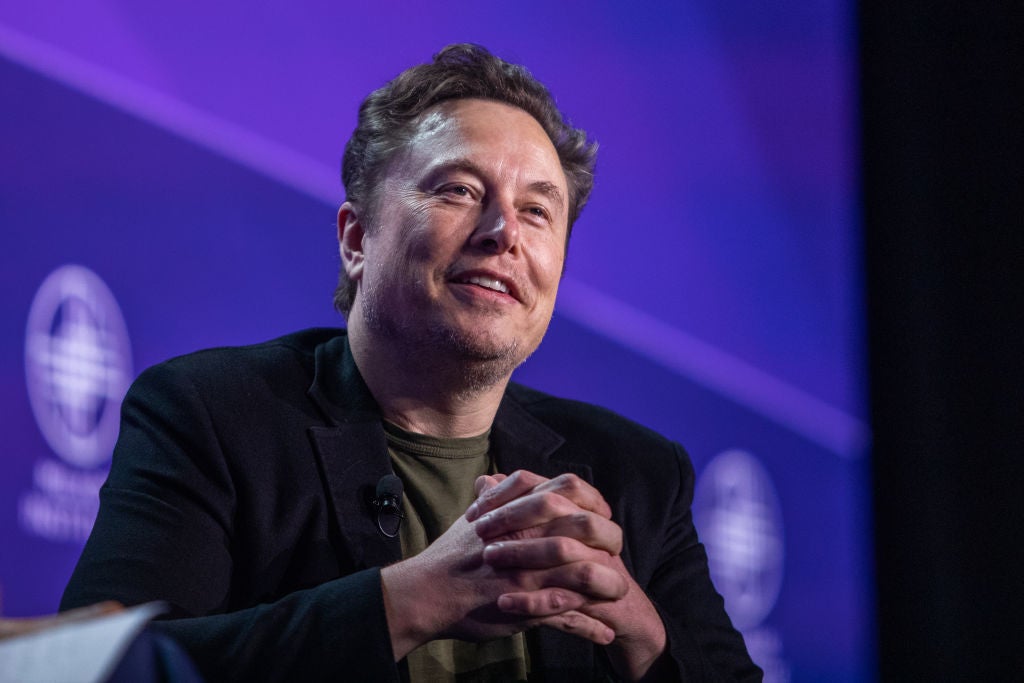
Elon Musk told investors on Saturday (25 May, 2024) that his AI startup xAI was looking to build a supercomputer to power a future version of its AI chatbot Grok, according to The Information.
Talking in a presentation to investors, the Tesla, SpaceX and X CEO said the company would like to have the supercomputer running by Autumn 2025.

Access deeper industry intelligence
Experience unmatched clarity with a single platform that combines unique data, AI, and human expertise.
Musk said the startup could partner with cloud giant Oracle to develop the supercomputer and would be holding himself personally responsible for delivering it on time.
The computer, which would be built with a connecting group of Nvidia H100 GPUs, will be four times bigger than the biggest GPU clusters that exist today, Musk told investors, according to The Information.
In November, the UK government announced it would be investing £225m in an AI supercomputer, in a push to position itself as a global leader in AI.
The Isambard-AI computer, which will be created by the University of Bristol, is said to be ten times faster than the UK’s current fastest machine.

US Tariffs are shifting - will you react or anticipate?
Don’t let policy changes catch you off guard. Stay proactive with real-time data and expert analysis.
By GlobalDataIn the short-term, the UK government hopes to link the machine to another newly announced Cambridge supercomputer called Dawn. This powerful machine, which will be powered by over 1,000 Intel chips, has been built by Dell and StackPC.
The two computers will be used by researchers to give them “30-times the capacity of the UK’s current largest public AI computing tools”. The machines will analyse advanced AI models to drive breakthroughs in clean energy and drug discovery, as well as test safety features.
The AI supercomputer was announced alongside the UK’s AI Safety Summit, which welcomed over 100 representatives from academia, business and politics to discuss the threat of “Frontier AI”.







